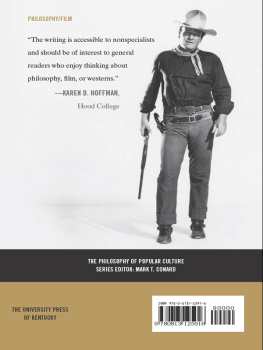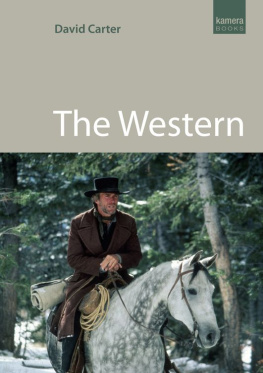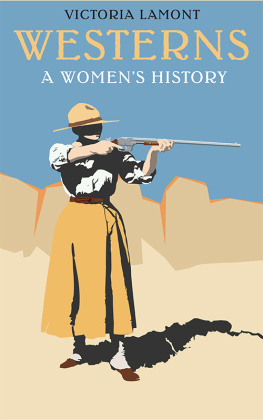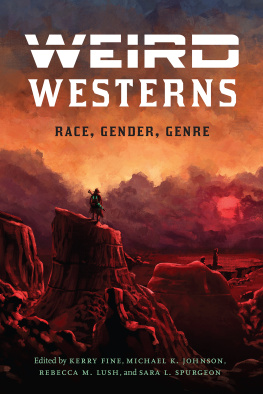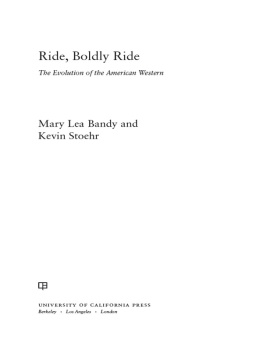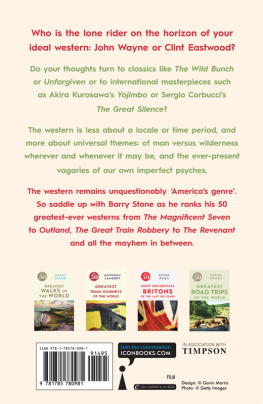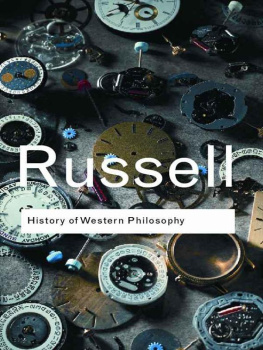THE PHILOSOPHY OF POPULAR CULTURE
The books published in the Philosophy of Popular Culture series will illuminate and explore philosophical themes and ideas that occur in popular culture. The goal of this series is to demonstrate how philosophical inquiry has been reinvigorated by increased scholarly interest in the intersection of popular culture and philosophy, as well as to explore through philosophical analysis beloved modes of entertainment, such as movies, TV shows, and music. Philosophical concepts will be made accessible to the general reader through examples in popular culture. This series seeks to publish both established and emerging scholars who will engage a major area of popular culture for philosophical interpretation and examine the philosophical underpinnings of its themes. Eschewing ephemeral trends of philosophical and cultural theory, authors will establish and elaborate on connections between traditional philosophical ideas from important thinkers and the ever-expanding world of popular culture.
Series Editor
Mark T. Conard, Marymount Manhattan College, NY
Books in the Series
The Philosophy of Stanley Kubrick, edited by Jerold J. Abrams
Football and Philosophy, edited by Michael W. Austin
Tennis and Philosophy, edited by David Baggett
The Philosophy of the Coen Brothers, edited by Mark T. Conard
The Philosophy of Film Noir, edited by Mark T. Conard
The Philosophy of Martin Scorsese, edited by Mark T. Conard
The Philosophy of Neo-Noir, edited by Mark T. Conard
The Philosophy of Horror, edited by Thomas Fahy
The Philosophy of The X-Files, edited by Dean A. Kowalski
Steven Spielberg and Philosophy, edited by Dean A. Kowalski
The Philosophy of Science Fiction Film, edited by Steven M. Sanders
The Philosophy of TV Noir, edited by Steven M. Sanders and Aeon J. Skoble
Basketball and Philosophy, edited by Jerry L. Walls and Gregory Bassham
Copyright 2010 by The University Press of Kentucky
Scholarly publisher for the Commonwealth, serving Bellarmine University, Berea College, Centre College of Kentucky, Eastern Kentucky University, The Filson Historical Society, Georgetown College, Kentucky Historical Society, Kentucky State University, Morehead State University, Murray State University, Northern Kentucky University, Transylvania University, University of Kentucky, University of Louisville, and Western Kentucky University. All rights reserved.
Editorial and Sales Offices: The University Press of Kentucky
663 South Limestone Street, Lexington, Kentucky 405084008
www.kentuckypress.com
14 13 12 11 10 5 4 3 2 1
Library of Congress Cataloging-in-Publication Data
The philosophy of the western / edited by Jennifer L. McMahon and B. Steve
Csaki.
p. cm.(The philosophy of popular culture)
Includes bibliographical references and index.
ISBN 9780-81312591-6 (hardcover : alk. paper)
1. Western filmsHistory and criticism. I. McMahon, Jennifer L. II. Csaki, B.
Steve.
PN1995.9.W4P485 2010
791.436278dc22 2010007780
This book is printed on acid-free recycled paper meeting the requirements of the American National Standard for Permanence in Paper for Printed Library Materials.

Manufactured in the United States of America.

Member of the Association of
American University Presses
INTRODUCTION
Philosophy and the Western
Jennifer L. McMahon and B. Steve Csaki
What is it that compels people's fascination with the American West? What motivated (and still motivates) individuals to pull up stakes and head west? Why do the travails of the cowboy remain so captivating when cowboy culture is virtually extinct? Arguably, the perennial appeal of the American West is anchored in myth, a myth whose power persists in large part because it finds expression, among other places, in the literary and cinematic genre known as the western.
The myth that westerns convey is both anchored in the history of the West and itself helped shape the historical settlement of the American frontier. golden opportunities; however, this is rarely what they found. While rooted in history, the myth of the American West quickly took on a life of its own. And while the historical reality to which it refers is all but lost, the myth of the American West is alive and well, and continues to command an abiding interest in the western genre.
There are few genres that capture the hearts of their audience like the western. Though many westerns have simple plots and stock characters, they also have an unwavering appeal. This collection of essays is focused principally on western film, specifically the American western. Though there is ample historical and literary criticism of the genre, little scholarship exists on the relationship between the western and philosophy. This volume addresses this lack by focusing on the philosophy of the western.
At first glance, westerns and philosophy may seem to have little to do with one another. Whereas philosophers epitomize the contemplative life, western heroes exemplify the active one. Indeed, the characters in westerns typically eschew the intellectualism associated with philosophy. Nonetheless, as the essays in this collection show, the relationship between philosophy and the western is significant because philosophy not only influenced the history of the American West, it also influenced the western genre. Indeed, as several chapters in this volume attest, some of the canonical features of western films trace their history back to the early days of western philosophy, days when individuals like Plato and Aristotle were the new sheriffs in town, and logic and rhetoric were used to cut down the opposition rather than a Winchester or a Colt. Examining the relationship between westerns and philosophy is also important because philosophy can help us understand the western and its appeal. Because philosophers aim to understand human nature, they frequently examine commonplace attitudes and desires, perspectives that often find expression in westerns, and desires that they often fulfill. Furthermore, philosophic analysis of western films is significant because it sheds light on various aspects of American culture and values, helping us come to a clearer understanding of the American mind. Finally, to the extent that westerns illustrate a number of well-known philosophies, examining the link between westerns and philosophy is worthwhile because westerns can help us obtain a firmer grasp on philosophic theories and concepts that might otherwise seem intractably abstract.
One of the obvious interests that philosophy shares with the western has already been mentioned: history. One of the earliest philosophic theories of art issued from the ancient Greeks. It held that art is imitation, or mimesis, and this theory retains adherents today. The mimetic theory of art maintains that art is a representation of reality: namely, that it reflects, or mirrors, life. Perhaps more than any other cinematic genre, the western is grounded in, and reflects, the historical phenomenon of western settlement. As various authors in this collection discuss, westerns command philosophic interest not merely because they reflect aspects of a definitive period in American history, but also because they transcend that frontier, representing either the period in which they were produced or more enduring aspects of the human condition.

